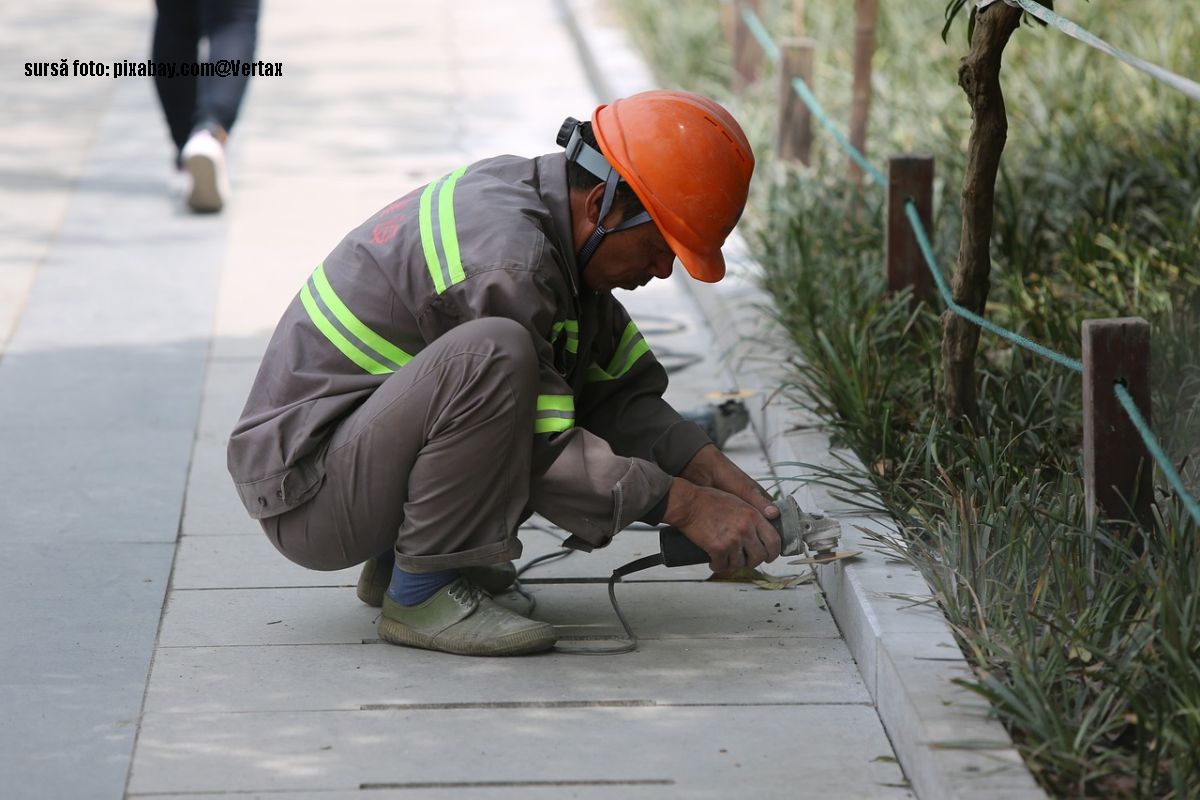Having atypical children in Romania
Integrating children with special education needs in regular schools
Christine Leșcu, 16.09.2020, 13:59
The beginning of the 2020-2021 school year is by no means a usual one. It is atypical for most children and parents. But for a certain minority of them, the oddness and difficulties of this year only pile up on older, but equally atypical problems. These are the children with special education needs, who, under current legislation, must be integrated in regular education units.
But the law only exists on paper, and more often than not this integration does not take place, as Anemari-Helen Necșulescu says in a recent book called “The diary of a mother. Urban scenes with children, traffic, parents, homework and others,” released by Cartex publishers. Anemari is the mother of 2 adopted children, one of whom, a boy named Emi, has been diagnosed with ADHD (attention-deficit/hyperactivity disorder).
The book tells the story of how Anemari struggled to get Emi integrated in school, and more. Because, as the author says, “the book is not necessarily intended to solve any problems, but to open up topics for discussion. (…) Not talking about our problems and hiding them under the carpet is a lot more dangerous for our mental health.”
And the response of the education system to students with special needs has long been one of the topics swept under the carpet in Romania. After eight years of efforts, with Emi now an 8th-grader, Anemari-Helen Necșulescu summarises the types of resistance she has faced in school:
Anemari-Helen Necșulescu: “There are a lot of forms of resistance. There is blunt opposition, when you are told ‘no’ from the start: ‘can’t do,’ ‘don’t have,’ ‘not possible.’ It so happens that this is precisely what prompts me to act. But there are also forms of disguised opposition, where people go through the motions of observing the law. I had not been aware of this form, which is why a big part of the book focuses on that and on how a parent experiences it. On the one hand, I would like teachers to read it and find the empathy to look at these children not like names in a class book or faces in a classroom, but like human beings with a story. On the other hand, I would like the parents in my situation to understand that it is not easy. Some contact me for advice, and I explain what the legislation says and how they should approach it. And it’s not easy, from writing an application and having it registered with the school to having to come back again and again to find out what to do next, to going systematically up the hierarchy to school inspectors and so on. My message for the parents in my situation is, ‘You are your child’s only hope. I know that our day to day life is already hard as it is, but as their parents, you are their only hope.’ This is how I managed to get for my child the best that can be achieved in Romania today.”
The experiences of a child with special education needs and the efforts of their parents are told in this book with the accuracy, humour and energy of a mother who knows that, at least at first, she is all alone in this fight.
Anemari-Helen Necșulescu: “In one chapter I talk about the start of Emi’s first year in elementary school, when we ended up kicked out of the classroom. It was painful, and obviously infuriating. When this happens, you usually want to go to war. And you may be right to feel this way, but it is not the right way to go about solving your problem. You should be able to see the other parents as people who simply lack information, rather than empathy. They love their own children and focus on their needs. So you realise the solution is education. And it is your role to educate these parents because it is the only way for your child to be integrated. There is no system in school to facilitate that, no parent-teacher meetings talking about diversity, special needs, integration. You have to do this, you need to turn these other parents into your allies.”
And since she was accustomed to living with an atypical child, Anemari-Helen Necșulescu adopted another, a five-year-old girl.
Anemari-Helen Necșulescu: “We found Rebeka on a list of children “harder to place,” and she was listed as a Roma ethnic, so I think this is why she had not been adopted sooner. When I saw that her ethnicity was disclosed in her file, although this is illegal, I was furious, as I am every time someone tells me that something is ‘impossible’. Rebeka changed my life and helped a lot in my relationship with Emi, and the fact that she is Roma was irrelevant for us. She is very dark-skinned, and this makes people behave very inappropriately, which is another challenge. I’ve seen people stare at us, because she and I look so different. In recent years, there are more and more people who adopt Roma children, and who face this segregation problem—because it is not only the child who experiences it, but the entire family. For instance, it affects Emi as well. When someone shouts ‘you, gipsy’ at Rebeka, Emi may be around, and he doesn’t feel good about it.”
The story of Emi, Rebeka and their parents is told in “The diary of a mother” alongside the story of all the other challenges entailed by living in the crowded and busy city of Bucharest, all described with humour and empathy by Anemari-Helen Necșulescu, who proves that problems can be overcome if one has the right attitude. (translated by: Ana-Maria Popescu)






























